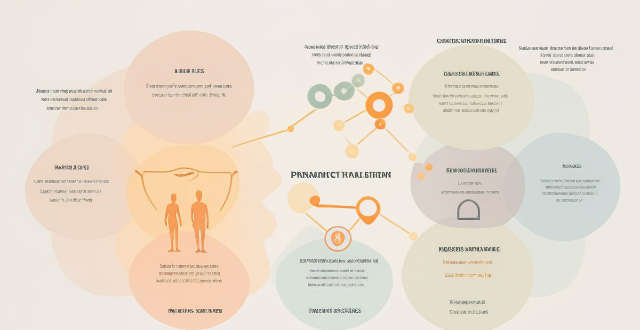The article provides a comprehensive guide on how to avoid panic attacks during exams, emphasizing the importance of preparation, healthy lifestyle habits, and coping strategies. It outlines the symptoms of panic attacks and suggests methods such as deep breathing, positive self-talk, mindfulness, and distraction to manage anxiety during exams. The article also encourages reflection post-exam and self-care activities to mitigate future panic episodes.

Proven Methods to Avoid Panic Attacks During Exams
Introduction
Examination period is often associated with stress and anxiety, which can lead to panic attacks. However, there are several proven methods that can help students avoid these overwhelming episodes of fear and discomfort during exams.
Preparation
Understand the Symptoms
Firstly, it is crucial to recognize the symptoms of a panic attack. This includes rapid heartbeat, sweating, trembling, shortness of breath, feeling of choking, chest pain, nausea, dizziness, numbness, hot flashes or chills, and a fear of impending doom.
Adequate Preparation
Secondly, adequate preparation for the exam is essential. This involves starting to study well in advance, breaking down the material into manageable chunks, and creating a revision timetable.
Healthy Lifestyle
Thirdly, maintaining a healthy lifestyle is also important. This includes getting enough sleep, eating a balanced diet, and engaging in regular physical activity.
During the Exam
Deep Breathing
If you start to feel anxious during the exam, try deep breathing exercises. Inhale deeply through your nose and exhale slowly through your mouth. Repeat this several times until you feel more relaxed.
Positive Self-Talk
Engage in positive self-talk. Remind yourself that you have prepared well for the exam and that you are capable of doing your best.
Mindfulness
Practice mindfulness techniques such as focusing on the present moment and accepting your feelings without judgment. This can help to reduce feelings of anxiety and panic.
Distraction
If possible, distract yourself from your anxiety by focusing on something else, such as a pleasant memory or a calming image.
Post-Exam
Reflection
After the exam, take some time to reflect on how you handled the situation. Consider what strategies worked well for you and what didn't. Use this information to prepare for future exams.
Self-Care
Finally, make sure to engage in self-care activities after the exam. This could include spending time with friends or family, watching a movie, or doing something else that you enjoy.
In conclusion, while panic attacks during exams can be distressing, there are several proven methods that can help to prevent them. By preparing adequately, maintaining a healthy lifestyle, and employing coping strategies during and after the exam, students can reduce their risk of experiencing panic attacks and perform to the best of their ability.